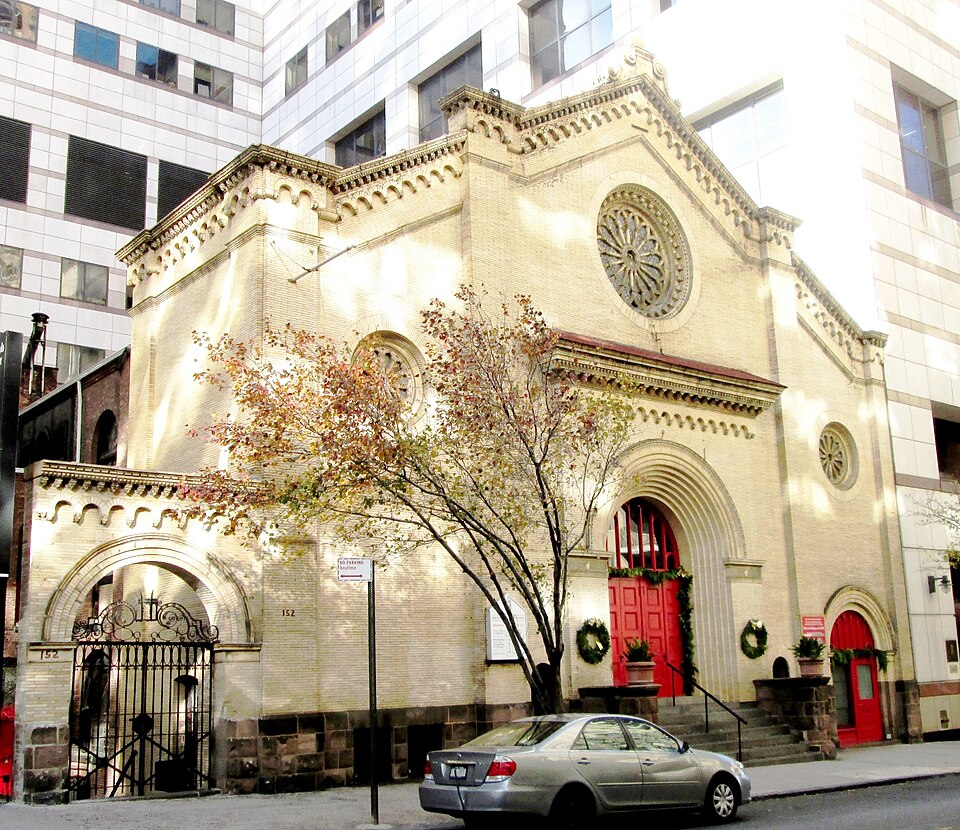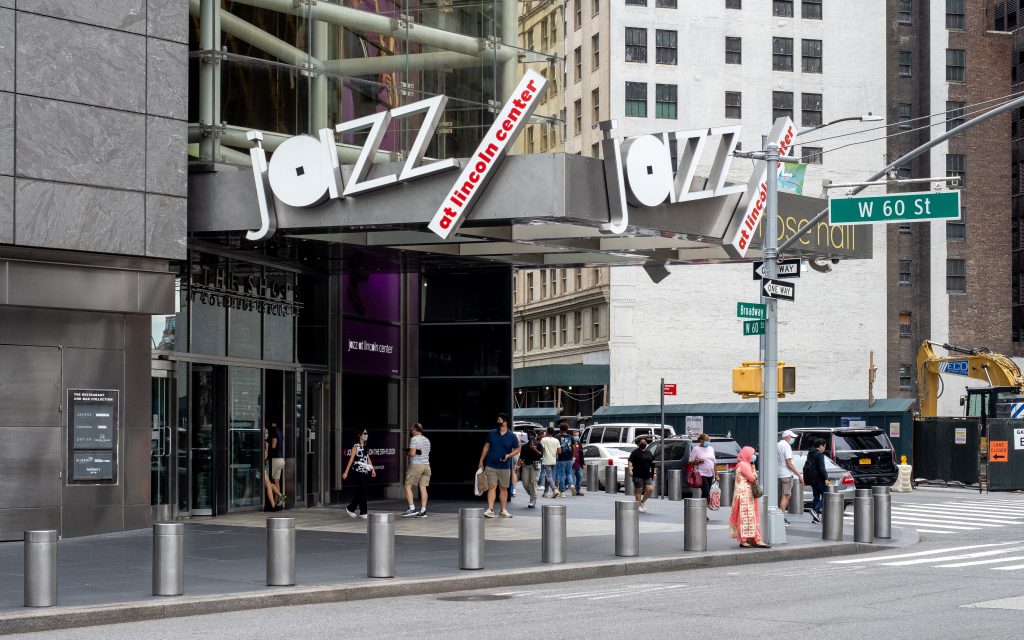Drew Petersen piano
Stefan Milenkovich violin
Maya Kilburn violin
Torron Pfeffer viola
Gaeun Kim cello
Roni Gal-Ed oboe
Vadim Lando clarinet
Erik Ralske horn
Sir Edward ELGAR Andante and Allegro ▪ circa 1878
~ charming early work written for his younger brother Frank
The manuscript, held in the British Library, is undated but 1878 is considered a likely year of composition. The oboe part of the manuscript is curiously labeled “Xmas Music.” Arranged for oboe and piano from the original for solo oboe, violin, viola, and cello.
Almost entirely self-taught, Elgar learned to play the piano, violin, and a variety of other instruments at a young age. (He and his 6 siblings were raised in a vibrant musical environment as they lived above his father’s music shop in Worcester.) He had hoped to study at the Leipzig Conservatory, but his father, an organist and music dealer, could not afford this luxury. After leaving school at age 15, he earned a living in Worcester teaching piano and violin. He also worked as a clerk for a local lawyer, a job he soon abandoned to accept a post conducting the Worcester and County Lunatic Asylum attendants’ band in Powick, just outside Worcester. He also composed dances for the gallimaufry of instruments in the band. In addition, since he was a member of the Worcester Glee Club (as was his father), he wrote and arranged works, played the violin, accompanied singers, and conducted for the first time. The Andante and Allegro may have been written for performance at the Worcester Glee Club, which met at the Crown Hotel. It was composed for Frank, his younger brother who played the oboe and bassoon, and was involved in various musical activities in Worcester, including performing with “Ted” (Edward) in a wind quintet. Frank took over the family music shop, Elgar Brothers, after their father’s death in 1906 and managed it until his own death in 1928.
Elgar, the first English composer of international stature since Purcell, liberated England’s music from its insularity. He was born in the small village of Broadheath in 1857 and died in Worcester in 1934. After his marriage in 1889, the couple moved to London, but in 1891 they returned to Malvern, where he had met his wife, and he began to establish a reputation as a composer. Throughout the 1880s and 1890s his experience grew and his style matured as he conducted and composed for local musical organizations. When he died 1934, “He left to younger composers the rich harmonic resources of late Romanticism and stimulated the subsequent national school of English music. His own idiom was cosmopolitan, yet his interest in the oratorio is grounded in the English musical tradition. Especially in England, Elgar is esteemed both for his own music and for his role in heralding the 20th-century English musical renascence [Encyclopedia Britannica].” Elgar was knighted by King Edward VII in 1904, which pleased his wife, especially.
Photo Credit: Wikimedia Commons

